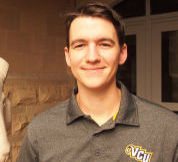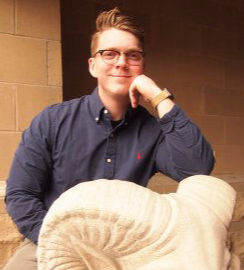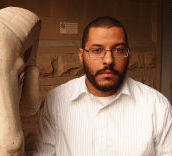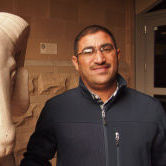
A study done on uranium morphology and speciation via chemical separations and spectroelectrochemical techniques during pyroprocessing is necessary and beneficial in determining the sources and causes of the impurities stated above. In doing so, methods and technologies can be developed in order to produce higher purity products with pyroprocessing achievable, increasing the efficiency of the nuclear fuel cycle. This increase in efficiency will cause a decrease in purchase costs of natural uranium and avoidance of disposal costs for large volume of spent fuel, which supports the Department of Energy Office of Nuclear Energy (DOE-NE) mission’s research objective to develop sustainable fuel cycle.



